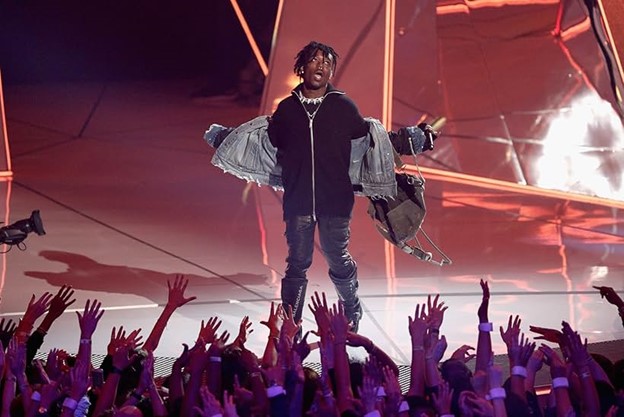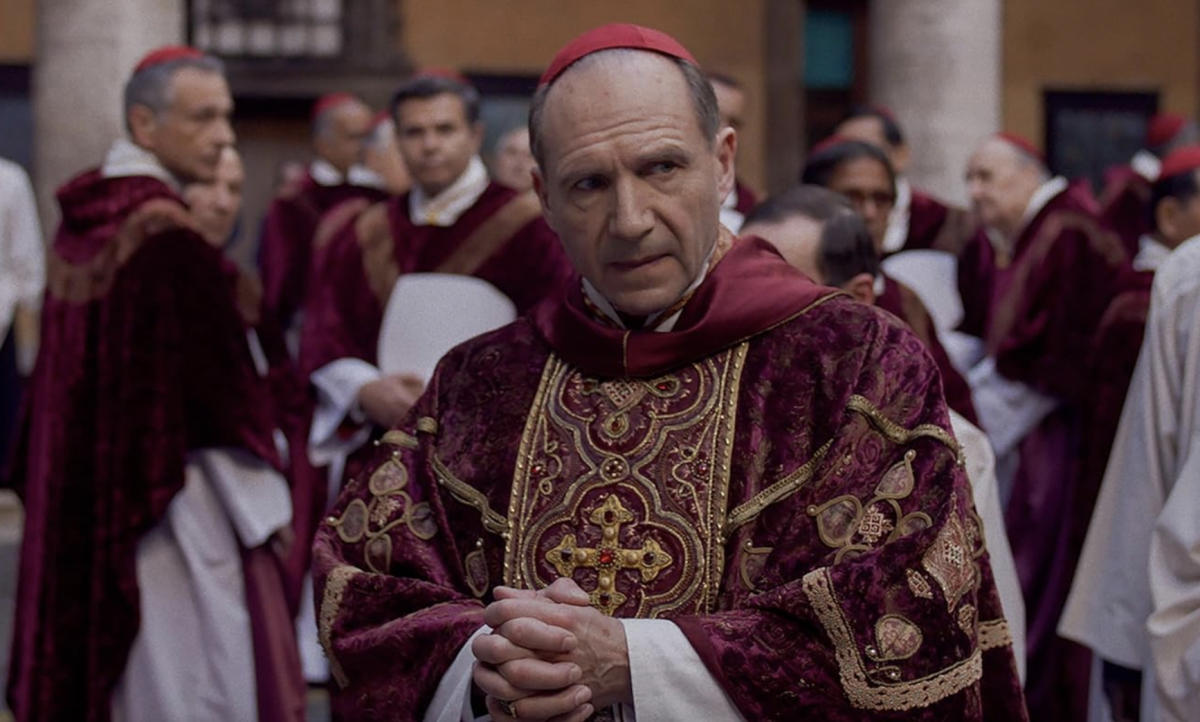
It’s over. The five-year-long crank binge that was AMC’s critically acclaimed drama “Breaking Bad” has reached its conclusion, and the withdrawal is setting in. As with most serious users of addictive substances, now that the supply has dried up, many fans have been left restless, depressed and craving more.
Walter White came a long way since the pilot running around in the desert clad in tighty-whities and a gasmask. By the end of the final season, he had not only cooked meth, run a criminal empire, made and lost millions of dollars and murdered multiple people, but he had also destroyed the lives of those he held most dear.
In the final stretch Walt truly showed himself to be the villain we were promised when series creator Vince Gilligan spoke of the show’s concept in early interviews. And yet, while he became a villain, Walt never fully became the antagonist; the show was always firmly his story. Though there were of course many subplots, Walt was always the focal point. While Walt broke bad, his business partner and fellow meth cook Jesse attempted to break good. Jesse gave the story some semblance of hope for morality, while Walt led the way into darkness.
Walt is irrevocably a despicable character, but perhaps the most impressive feat “Breaking Bad” pulls off is in how it encourages the audience to question their own morality. It’s impossible not to root for Walt, even after any chance for his redemption slips away.
“Felina,” the final episode of the series, tied up almost all of the loose ends and plot holes left over in a satisfying manner. Sprinkled in were a handful of “yell with satisfaction” moments, but in terms of sheer adrenaline and plot twists, it was no match for “Oxymandias,” the third to last episode of the season.
“Breaking Bad” approached its final arc differently than most shows. With some tweaks to conclude subplots, “Oxymandias” could have concluded the show. Walt’s main adversary of the season was in a ditch and his family was torn apart, a suitable fate for a man as villainous as Walter White had become; indeed, it could have all ended there. Walt would have no redemption and Jesse, to put it lightly, would have had no hope in sight.
But the show didn’t go that route. Bucking expectations, the one-two punch of this episode and the one directly preceding it, “To’hajiilee,” was arguably the high point of the entire series. Most show runners close on the highest note possible, but not Vince Gilligan. Instead of ending with a bang, Gilligan and his writers’ room released the tension for an episode, the introspective “Granite State,” by sending Walt to New Hampshire. Walt lived for months under a new identity, on the run having lost everything he’d worked for. Then, with “Felina,” they allowed Walt some modicum of redemption before giving the viewers a whole lot more action and dead bodies than even “Oxymandias” did.
“Breaking Bad’s” finale soars where lesser shows focused on anti-heroes have fallen flat – here’s looking at you, “Dexter” season eight – because Walt gets exactly what is coming to him. He faces the extreme consequences of his actions, and yet – again, looking at you, Dexter Morgan – kept Walt true to himself. He gets his sliver of redemption without ceasing mitigating his evil deeds. His redemption is in his embrace of his bad intentions, and Bryan Cranston plays this beautifully.
While Walt accepts what he has become, Jesse attempts to be something better and it is equally satisfying to see Jesse struggle to overcome his circumstances. Jesse is not spared the consequences of his past, either. While his story ends on a hopeful note, he is also undoubtedly broken, and this is part of what makes “Breaking Bad” great. There are no firmly good or bad characters, save for maybe the “snorting meth off a bowie knife” first season villain Tuco Salamanca, and no one gets a happy ending.
Breaking Bad has been one of the most critically acclaimed shows in recent history and there is not much to be gained from tallying off its awards, but it is worth noting that very few shows go five seasons with such a strong ensemble cast delivering such stellar performances. Bryan Cranston and Aaron Paul show increasingly robust range as actors as the series builds, and Giancarlo Esposito’s brilliant portrayal of Gustavo Fring in seasons two through four will surely go down in history as one of the best performances in television history.
Naming all the fantastic performances would take another entire article, but it is especially admirable that even late introductions remain strong additions to the story. Even the smallest characters deliver. What other shows have a supporting cast that include a wisecracking rent-a-lawyer, stoners discussing “Star Trek” and a sociopath dubbed by fans as “Meth Damon” who simultaneously manages to pull off being likeable and also utterly creepy and confusing.
Books can and will be written about everything “Breaking Bad” did right, from story and character development to cinematography, but none of them will fully encapsulate how great it was to watch it all unfold. Whether you caught it week to week or binged entire seasons in one sitting on Netflix, “Breaking Bad” was undoubtedly an experience. And for those who haven’t gone along for the crazy ride that is Walter White’s rise and descent, I hate to hook someone on an addictive substance in short supply: but you definitely want to take a hit of this, man.
Gabe Scarbrough can be reached at [email protected].


















